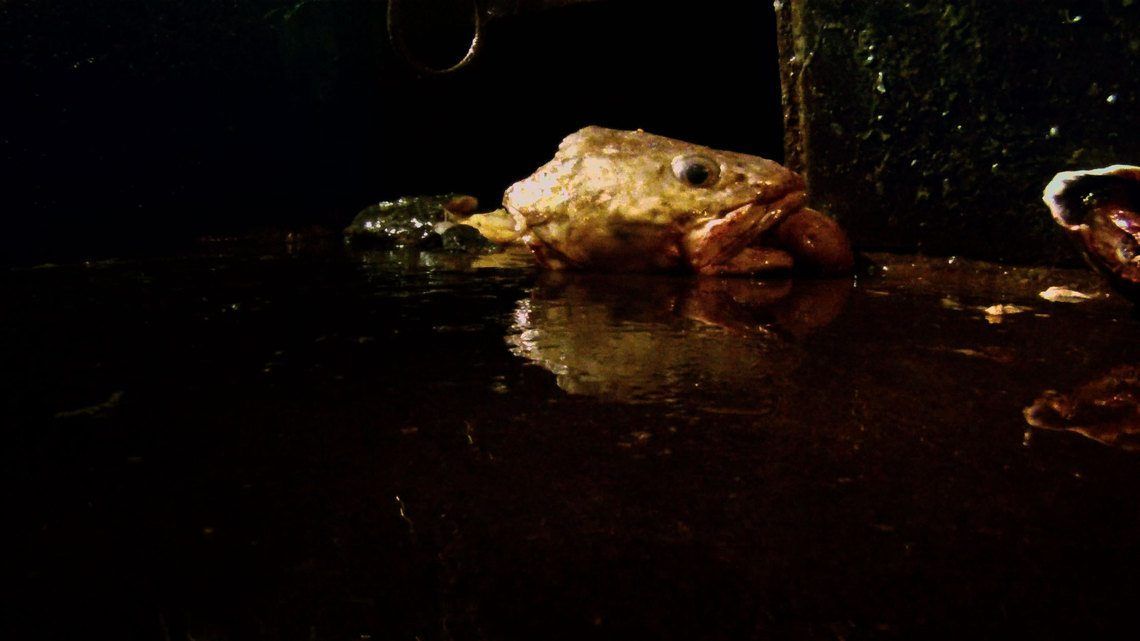
Point Blank (1967) Directed by John Boorman
Talk about a single-minded guy. Cheated out of his share of a $93, 000 heist, wife kidnapped, and himself shot to boot, Walker (Lee Marvin) acquires steely resolve, not so much to do with getting his wife back but with getting the money he has, er, earned. The is a revenge movie with a straightforward plot and lots of dead bodies, most directly or indirectly dispatched by Walker as he works himself up the food chain of "The Organization." It's funny--another crime movie the next year with a single-minded guy on a mission, Bullitt with Steve McQueen, was a huge commercial and critical success, Point Blank initially did poorly upon its release with viewers and critics alike. Of course, one guy was on the side of the angels and one guy decidedly wasn't--he just wants his money. Plus, Point Blank is an amazingly violent movie for its time which initially turned a lot of people off, violence made all the more vivid by Walker's enthusiasm for it. He threatens a lot of people; he beats up a lot of people; he shoots a lot of people; hell, he shoots a phone. But Marvin is every bit as cool as McQueen, and maybe more intelligent, or, at least, cunning. He is a tough guy in the mold of a Humphrey Bogart tough guy--only with far more willingness to use violence to achieve his ends. Marvin, modelling some neat threads that he looks great in, is just totally fun to watch as he matches wits with some seriously over-matched people. You might ask, why doesn't the mob just give him the money and save the carnage? But I was glad they didn't as that would not make much of a movie.
Then there is Angie Dickinson as Lee's sister-in-law, the movie coming a few months after Angie's legs were insured for a million dollars. That was money well spent. Angie and Lee have about five minutes of totally bonkers cinema, as first she tries to beat Marvin up, I mean, really tries, then she tries to drive him crazy by turning all the appliances on, then she hits him with a pool cue, hard, then she knocks his feet out from under him, then, with him still dazed on the floor, she passionately kisses him. It's appalling, outrageous and funny as hell in a kind of loosey-goosey way that has fallen out of fashion. All things considered, Dickinson's performance might be the sexiest in Hollywood history. Sure makes the short list anyway. Point Blank is a movie that is more fun now than it was then. Not that doesn't necessarily mean that times have changed for the better.
Last edited:





